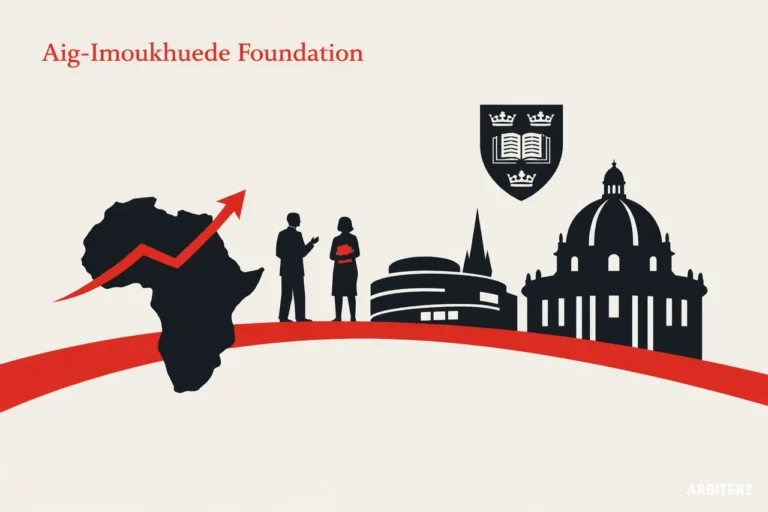The United Nations and the Dutch foreign ministry announced on Friday that they had cancelled an LGBTQ-themed event in Senegal after the Senegalese government issued a stern warning against holding it.
The Senegalese government opposed what it called the “promotion of the LGBTQI phenomenon” and threatened repercussions for both organisers and participants.
Senegal’s Anti-LGBTQ Stance
Senegal has strict anti-LGBTQ laws. Under its penal code, same-sex relations, which are described as an “act against nature,” can carry a prison sentence of up to five years.
In 2022, Senegal’s parliament rejected a proposal to strengthen existing anti-LGBTQ laws, stating that the current legislation was already adequate.
In a statement posted on X (formerly Twitter), Senegal’s foreign ministry said it had learned of a planned film screening organized by the UN and the Dutch embassy, which was to be followed by a discussion on LGBTQI issues. The ministry did not specify when the event was scheduled.
“The government reserves the right to take any appropriate action against the organisers of such activities, and even against participants, regardless of their origin, status, or rank,” the statement warned. It also reminded diplomatic missions and international organisations that they must operate in line with Senegalese law.
Following the warning, Seif Magango, spokesperson for the UN Human Rights Office, confirmed to Reuters that the event had been cancelled and said the UN “continues to engage with the authorities.”
The Dutch foreign ministry also issued a statement saying that, while the Netherlands upholds human rights and equal treatment, it chose to cancel the event “considering various factors.”
Fellow West African country, Ghana earlier this year reintroduced a controversial bill that could become one of the harshest anti-LGBTQ laws in Africa. The previous attempt to pass it was blocked by legal challenges, and the current bill still awaits presidential approval.

























